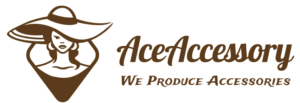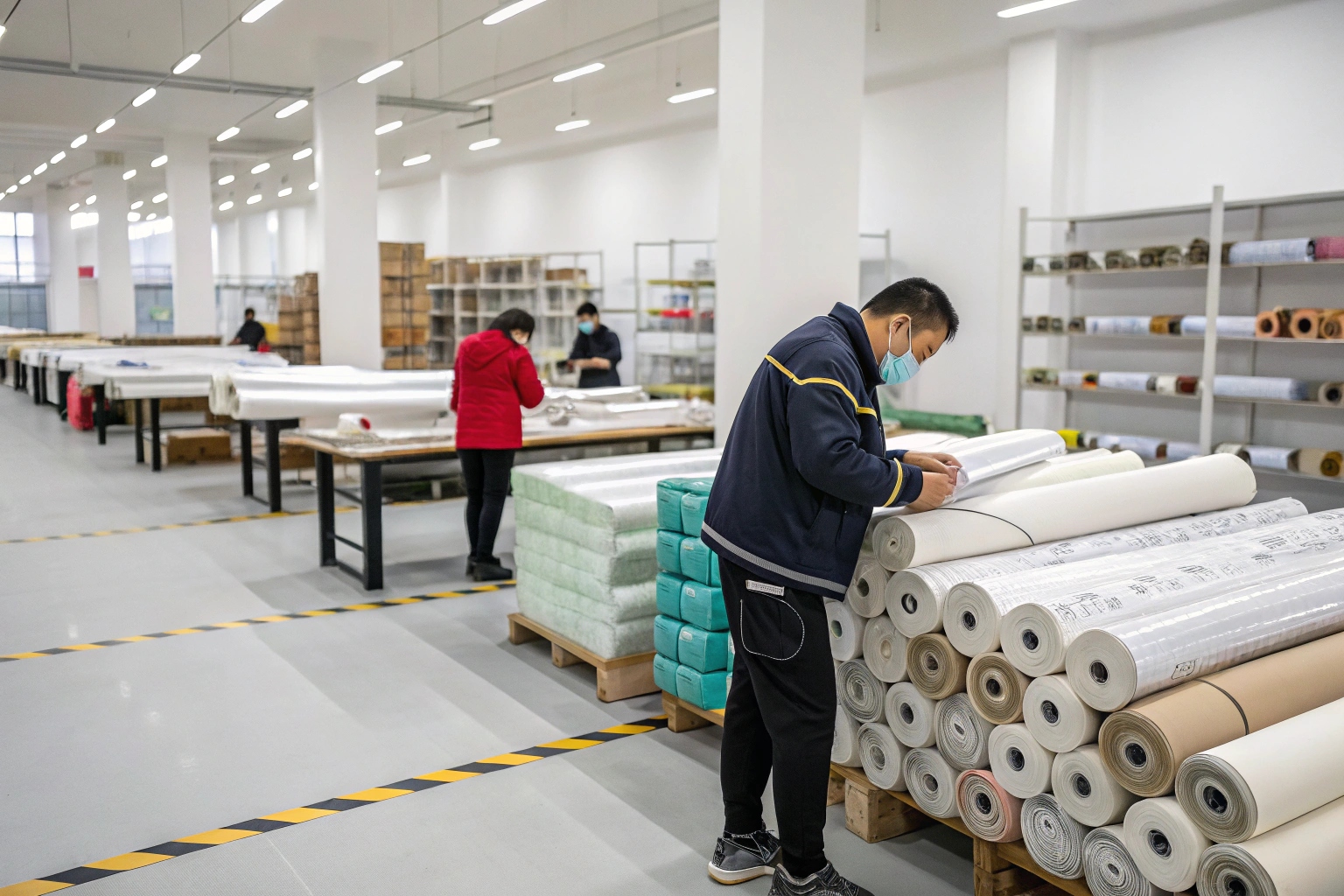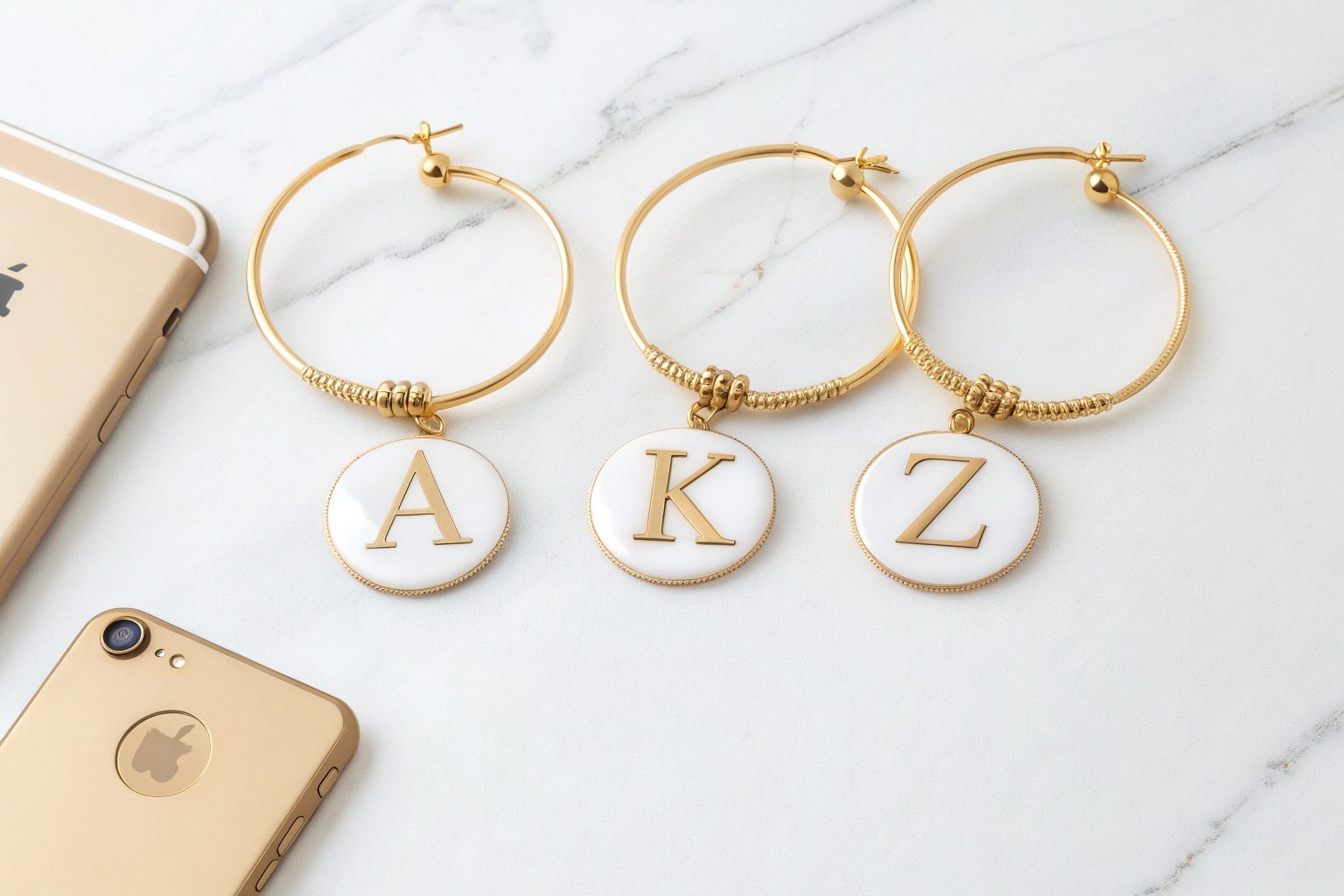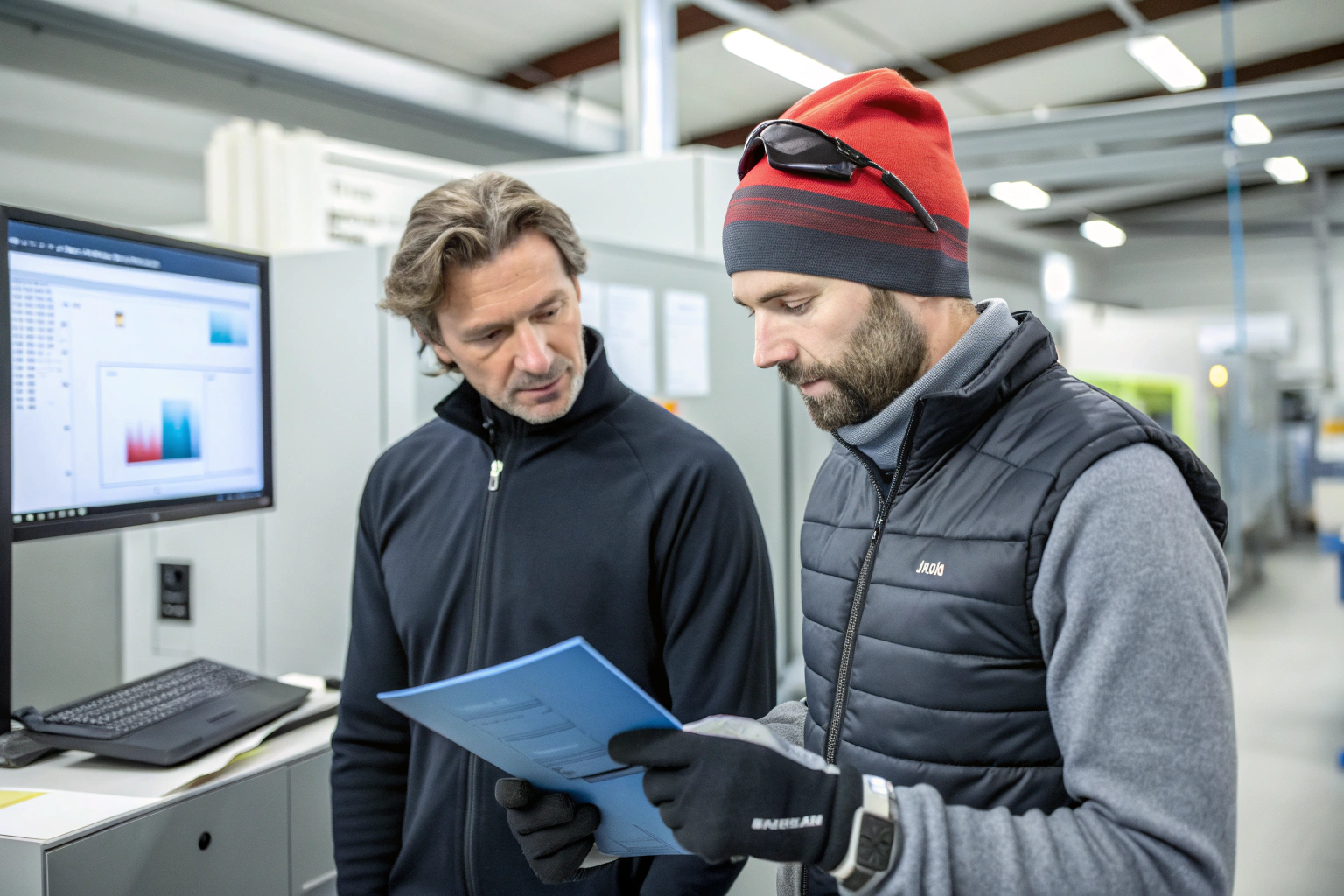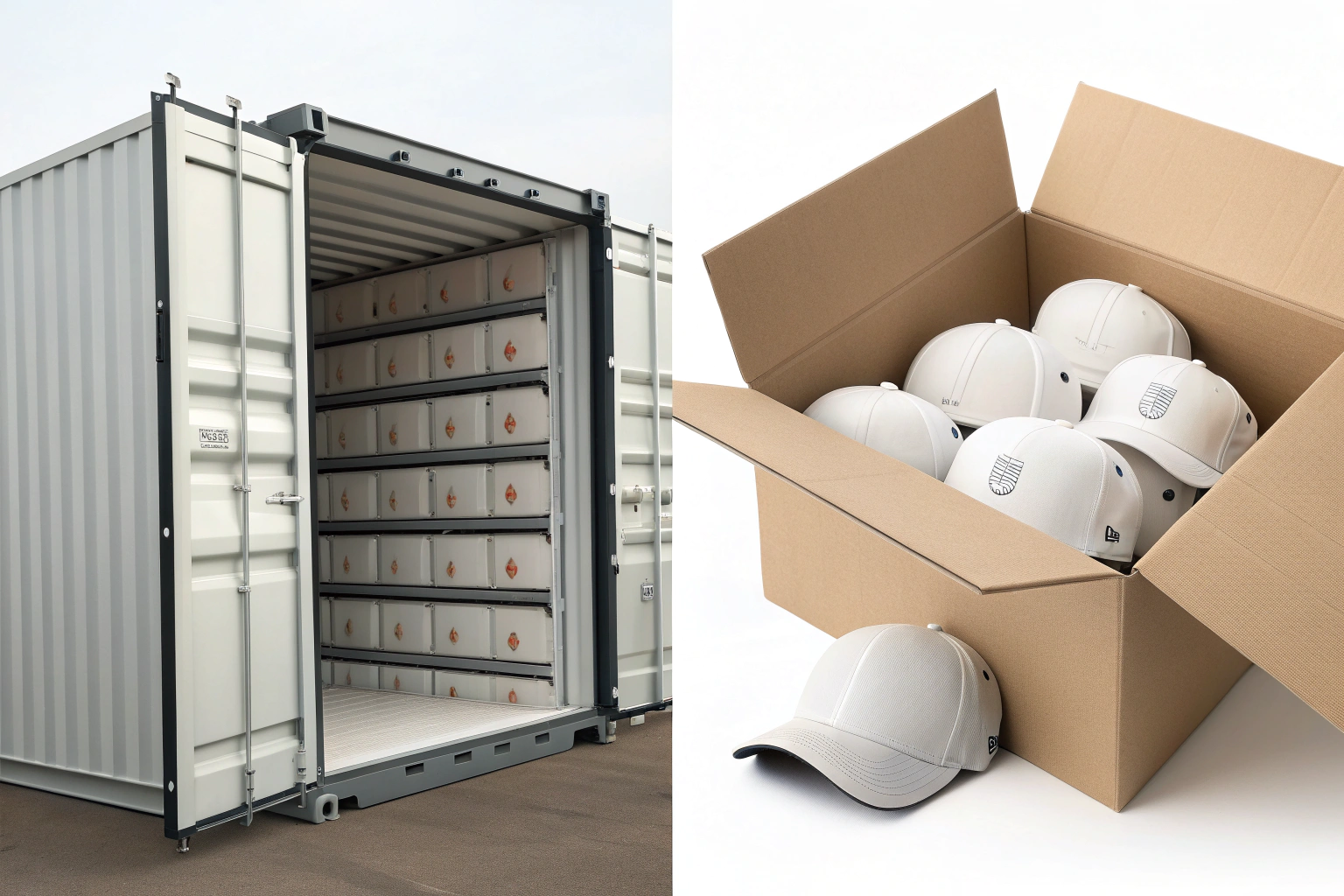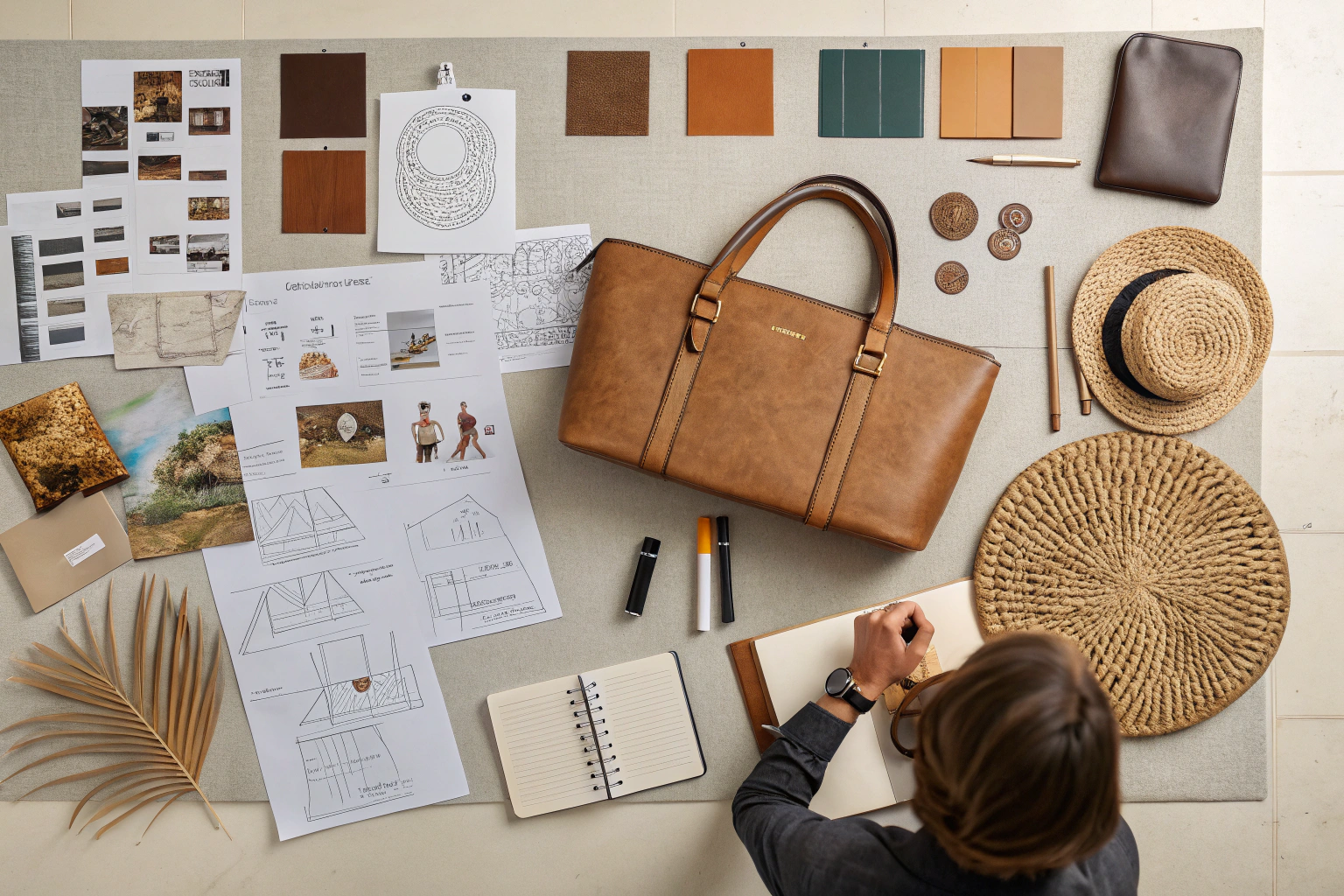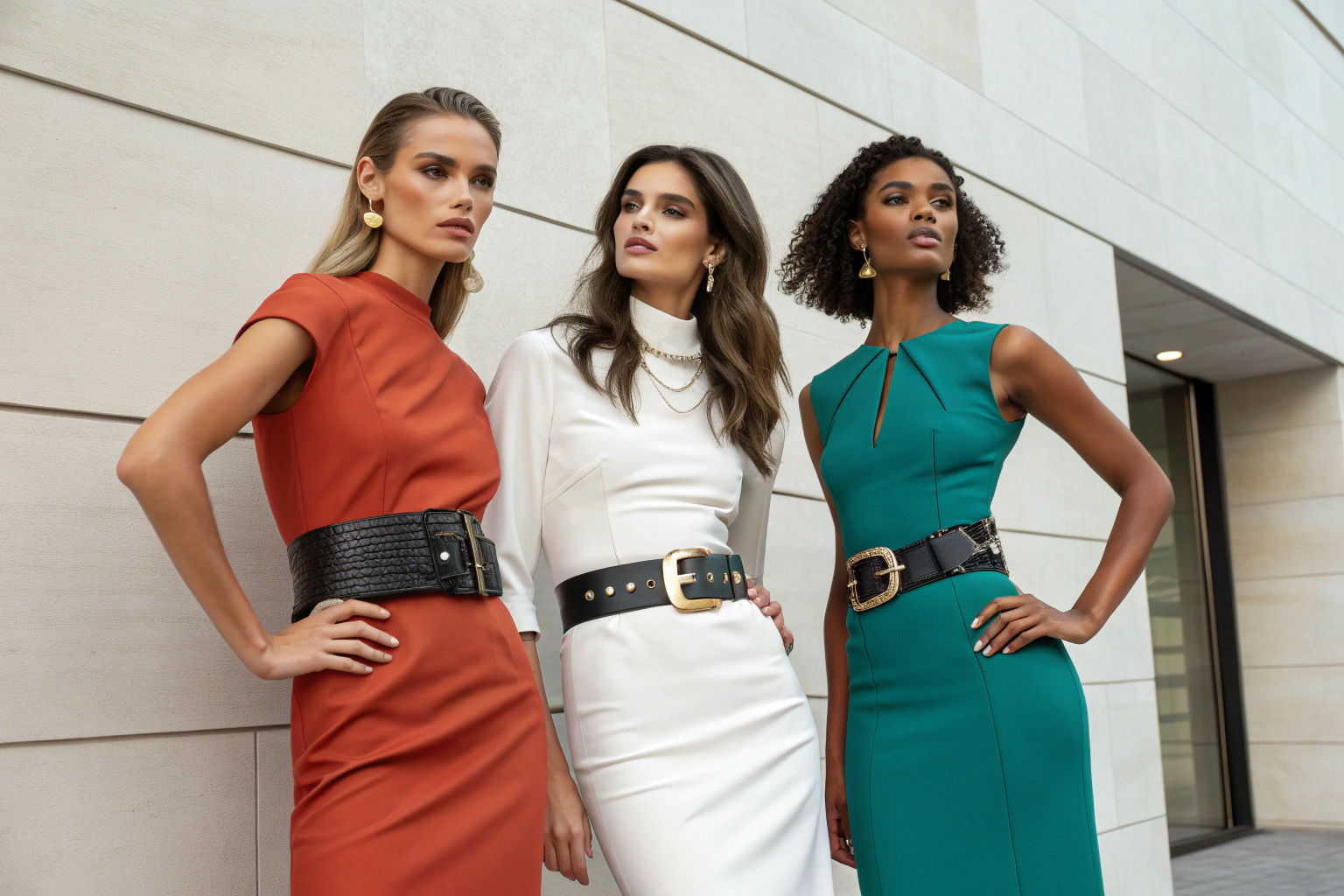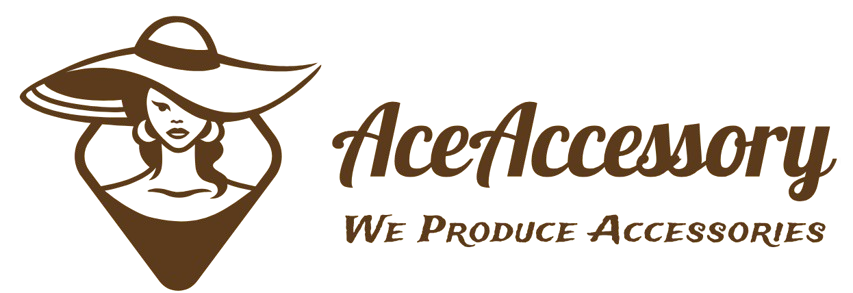Sustainable fashion isn't just a trend—it’s a business expectation. For accessories brands targeting eco-conscious consumers, sourcing recycled materials is no longer optional. But many buyers struggle to locate quality, certified, and consistent recycled inputs for products like belts, scarves, hats, and hairbands.
To build a sustainable accessory line, you need to find verified recycled material suppliers, understand certifications like GRS, and align your factory partners with low-MOQ sourcing strategies.
At AceAccessory, we support global clients in developing eco-friendly collections using recycled yarns, rPET fabrics, and upcycled trims. Here's how we do it—and how you can too.
What types of recycled materials are suitable for accessories?
Not all recycled materials are fit for accessories. You need raw materials that offer flexibility, durability, colorfastness, and style—while still meeting sustainability goals.
Popular recycled inputs for accessories include rPET, recycled cotton, upcycled leather, and recycled metal for trims and clips.
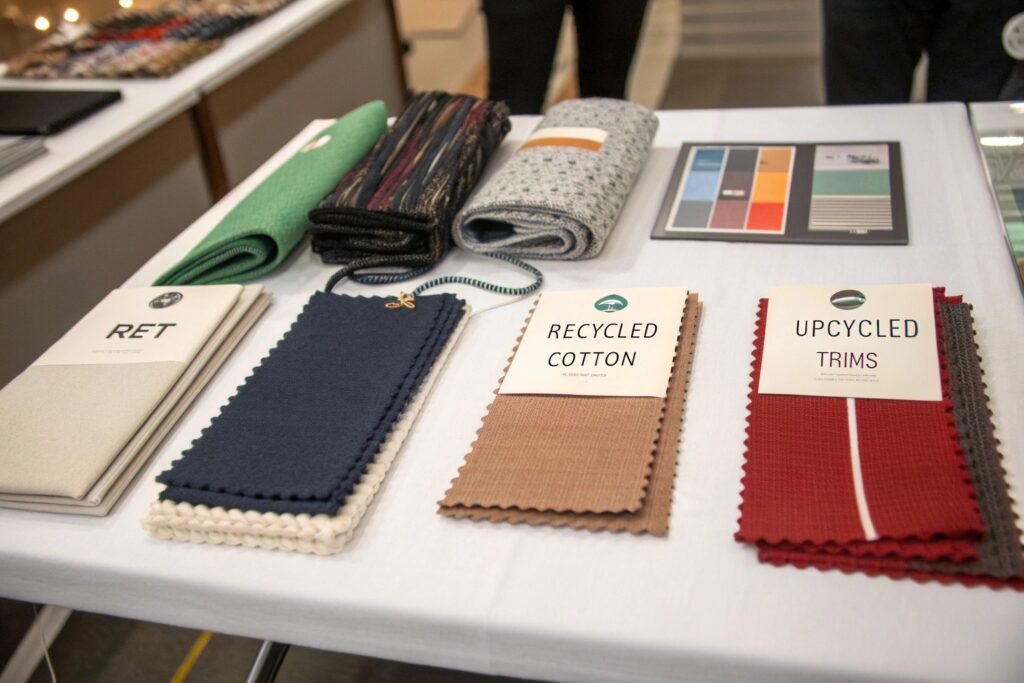
What is rPET and why is it widely used?
rPET stands for recycled polyethylene terephthalate—essentially, plastic bottles turned into yarns. It’s commonly used for:
- Hairbands with stretch
- Lightweight scarves
- Lining materials for hats and bags
rPET suppliers like REPREVE® and SAYA offer consistent, GRS-certified filament with colorfast properties. At AceAccessory, we use rPET mesh and jersey for soft, wearable pieces.
What are other viable recycled sources?
Other in-demand recycled options include:
- Recycled cotton: Blended with virgin cotton for structure (from Recover™)
- Upcycled leather: For belts, labels, or decorative pieces
- Recycled polyester lace: For detailed trims and overlays
- Recycled alloy: For buckles, clips, and metallic finishes (EcoAluminum)
Each material has unique sourcing and performance needs, so we always prototype first to test elasticity, finish, and color matching.
How can I verify if materials are truly sustainable?
Greenwashing is real—and many buyers fall into the trap of “recycled-looking” materials that aren’t truly certified. The only way to ensure authenticity is with third-party certification.
Look for certifications like GRS, OEKO-TEX, and RCS to confirm recycled content, traceability, and chemical safety.
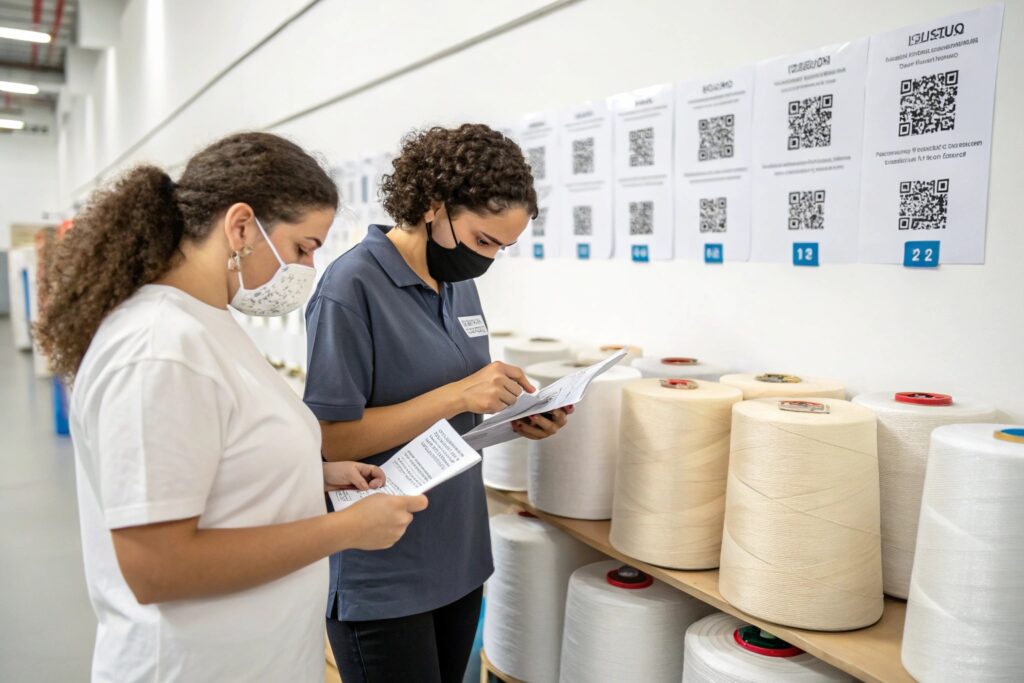
What does GRS mean?
The Global Recycled Standard (GRS) certifies:
- Recycled content percentage (minimum 20%)
- Chemical use in processing
- Traceability from recycler to finished product
- Worker and environmental protections
AceAccessory works with GRS-certified suppliers for rPET and recycled trims. We also keep batch-level test reports and digital certification copies for each client order.
Are other certifications relevant?
Yes. Depending on the product and market:
- OEKO-TEX® STANDARD 100: Ensures fabric safety for human contact (OEKO-TEX)
- RCS (Recycled Claim Standard): Simplified version of GRS, tracks input only
- Bluesign®: Validates water/chemical use during dyeing
Always ask your supplier for the latest certification number and scope summary. We scan and archive these for buyer review.
Where can you find recycled material suppliers in China?
China has rapidly expanded its recycled material ecosystem, especially in regions like Shaoxing, Guangzhou, and Suzhou. The key is knowing where to search and what to ask.
Reliable recycled material suppliers can be found through trade fairs, B2B platforms with certification filters, and factory partnerships like AceAccessory.
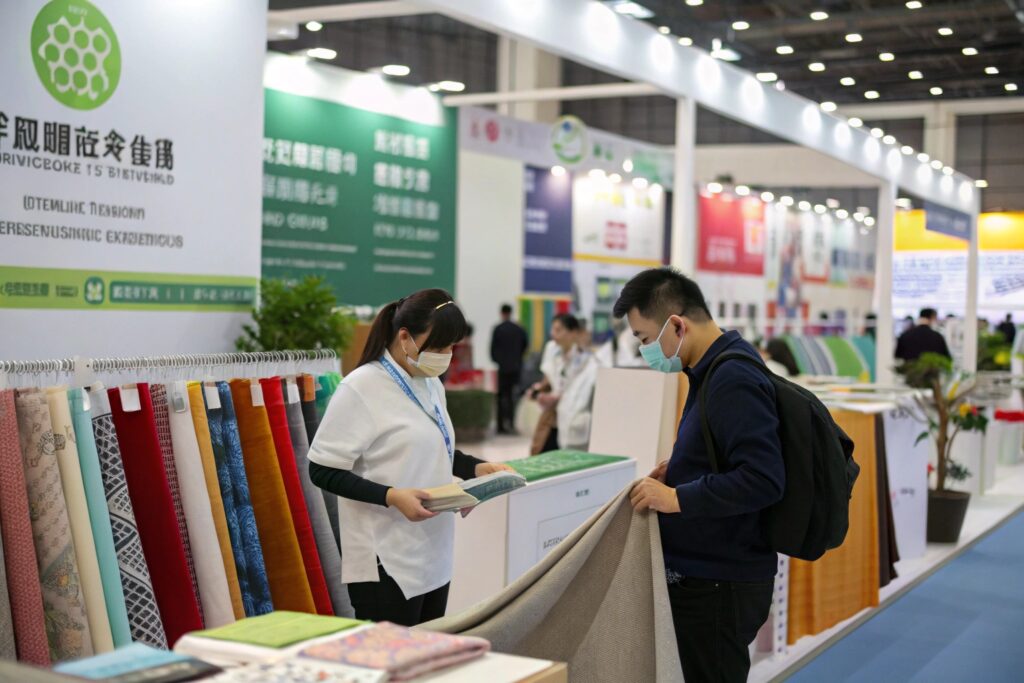
What are the best places to start your search?
- Intertextile Shanghai: Offers a full “Sustainability Zone” for recycled textiles
- Canton Fair: Now includes verified eco-friendly material suppliers
- Global Sources & Made-in-China: Use keywords like “GRS certified rPET” and filter by audited suppliers
We work with trusted mills in Shaoxing for recycled poly knits and in Dongguan for recycled plastic trims. These partners provide lower MOQs and color customization.
Can small buyers source recycled inputs?
Yes. We understand the challenge of high MOQs, especially for startups. At AceAccessory, we offer:
- Stock fabric programs with recycled content (ready for sampling)
- Shared bulk dye runs for popular colors
- Custom runs starting at 300–500 units/SKU
We also offer swatch books and lab dips to help clients visualize eco-material options before committing.
How do we integrate recycled sourcing into production?
Sourcing recycled material is just step one. The real challenge is incorporating it into accessory design, sampling, and production efficiently.
We support recycled accessory production by optimizing cutting layouts, testing wearability, and labeling products for sustainability marketing.
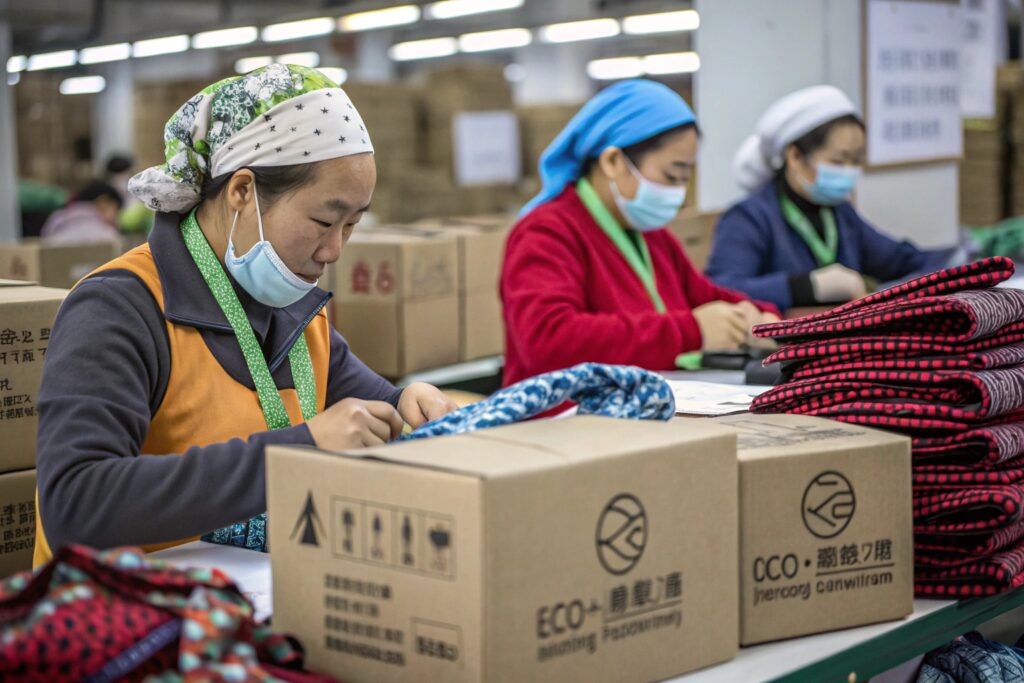
How do we handle recycled fabric in sampling?
Our design team adjusts CAD markers to reduce waste—especially for patterned recycled knits. For example:
- Hairbands cut to maximize elasticity zones
- Scarves cut for vertical pattern repeat
- Belts reinforced with natural lining to retain shape
We also offer custom woven labels made of recycled yarns to match your brand tone.
How do we help you communicate sustainability?
Each accessory shipped from our factory includes:
- Recycled material tags (paper or fabric)
- Digital spec sheet with content breakdown
- QR code links to GRS certificates
- Optional eco-packaging add-ons (recycled polybags, boxes)
This supports your brand’s transparency—whether you’re selling through Etsy, Amazon, or physical retailers. It also boosts buyer confidence and repeat rates.
Conclusion
Sourcing recycled materials doesn’t have to be complex or expensive. With the right partners, even small accessory brands can go green without sacrificing creativity or margins. At AceAccessory, we blend local recycled sourcing networks, certified mills, and flexible production to deliver sustainable accessories you can be proud of. Let’s build your next eco-collection together—responsibly and beautifully.
